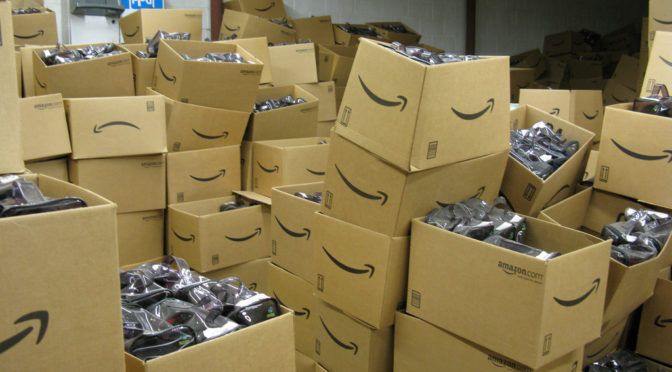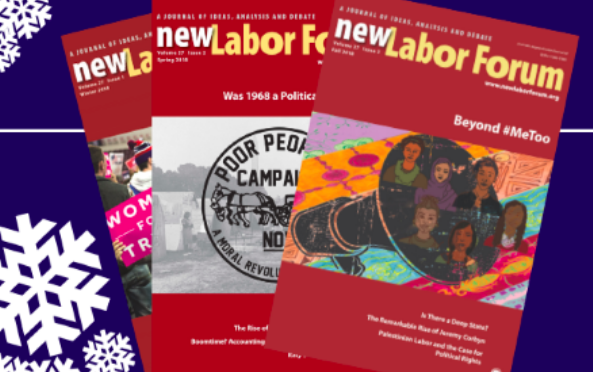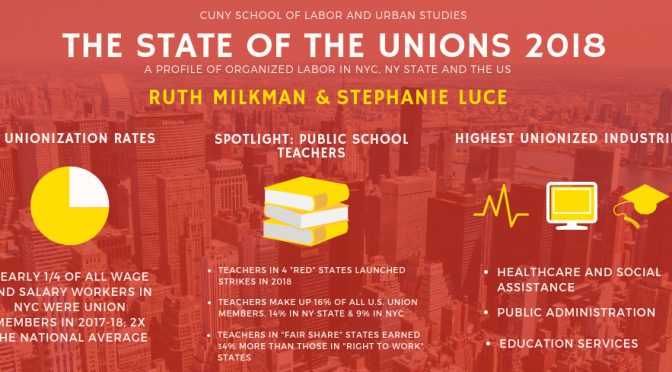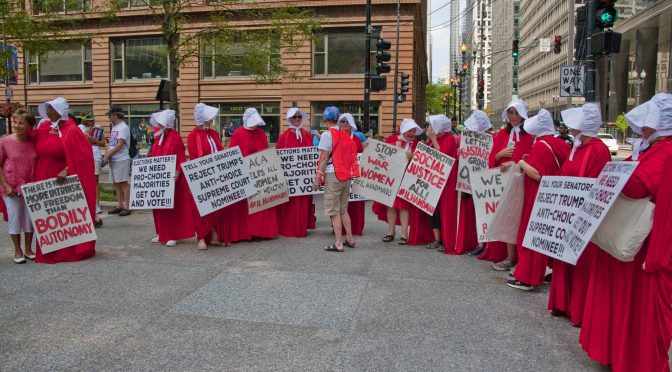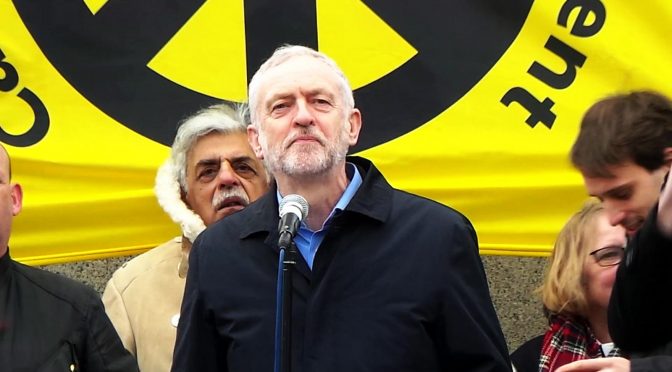The New Labor Forum has a bi-weekly newsletter on current topics in labor, curated by the some of the most insightful scholars and activists in the labor world today. Check out some highlights from the latest edition below.
In this holiday season, if you’ve resisted online shopping through Amazon, you’re in the diminishing minority. More than half of all online retail searches presently begin with Amazon, and the company now takes in fully half of all web-based consumer purchases made in the United States. It therefore behooves us to reckon with the behemoth’s gravitational pull on our economy, and indeed on the global economy. An impressive report by the Institute for Local Self-Reliance (ILSR), included in this newsletter, goes a long way toward measuring Amazon’s impact on local economies in the form of shuttered businesses, net job losses, low wages for its warehouse workers, and many millions of dollars of lost tax revenue owing to Amazon’s successful tax avoidance schemes.
As evidenced in the following news articles, Amazon’s global workforce is increasingly refusing to take it on the chin. Its workers in Europe and the U.S. are engaging in traditional labor organizing, as well as organizing intended to protest the company’s business model and its inroads into dubious ventures, as in the development of facial recognition technology for law enforcement. In 2019, New Labor Forum will be publishing a number of articles that examine the ways in which Amazon and other Silicon Valley giants have altered the functioning of capitalism in the twenty-first century, thereby presenting new challenges and opportunities for worker and political organizing. So, if you haven’t already subscribed, please do so now and see below for a special holiday gift.
- Amazon’s Stranglehold: How the Company’s Tightening Grip Is Stifling Competition, Eroding Jobs, and Threatening Communities/ Olivia LaVecchia and Stacy Mitchell, Institute For Local Self-Reliance
- Hundreds March on Amazon Fulfillment Center in Minnesota/ Bryan Menegus, Portside Labor
- German union calls strike at Amazon warehouse/ Emma Thomasson, Reuters

